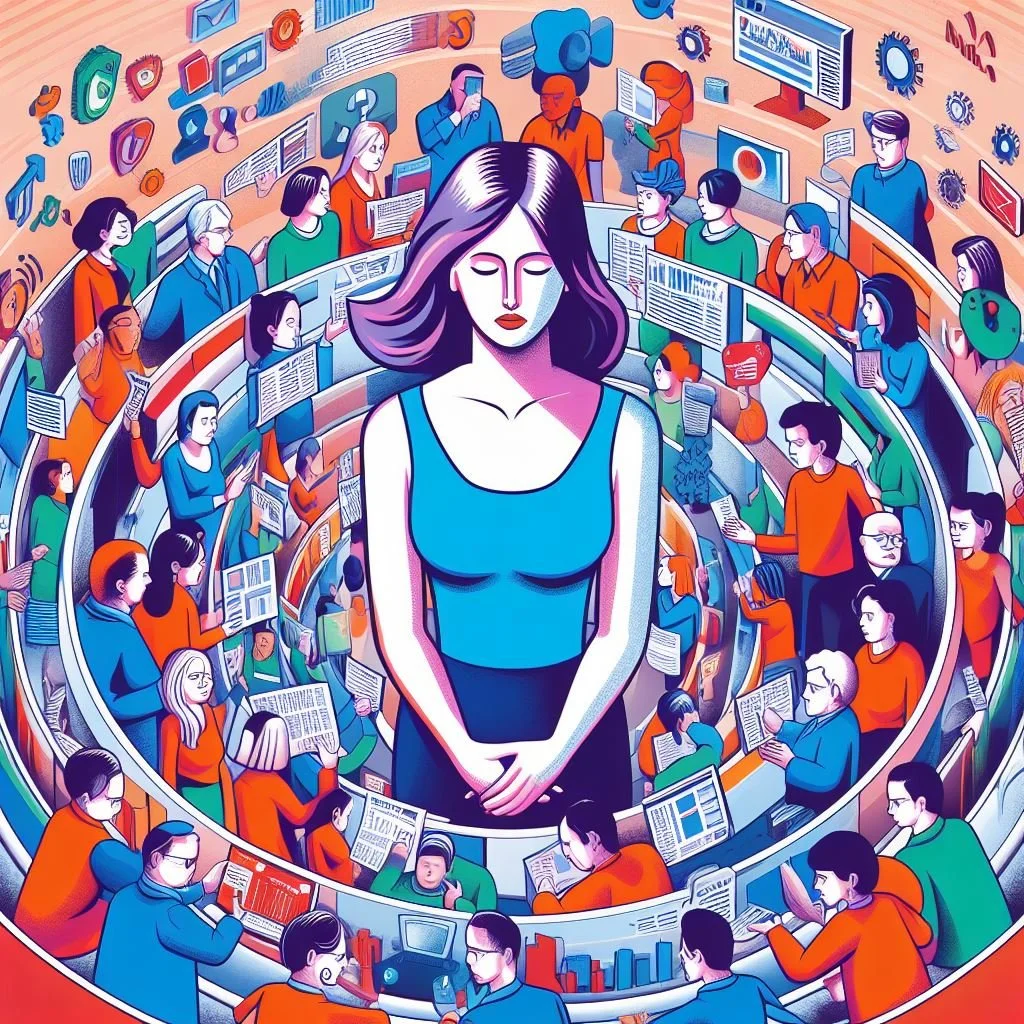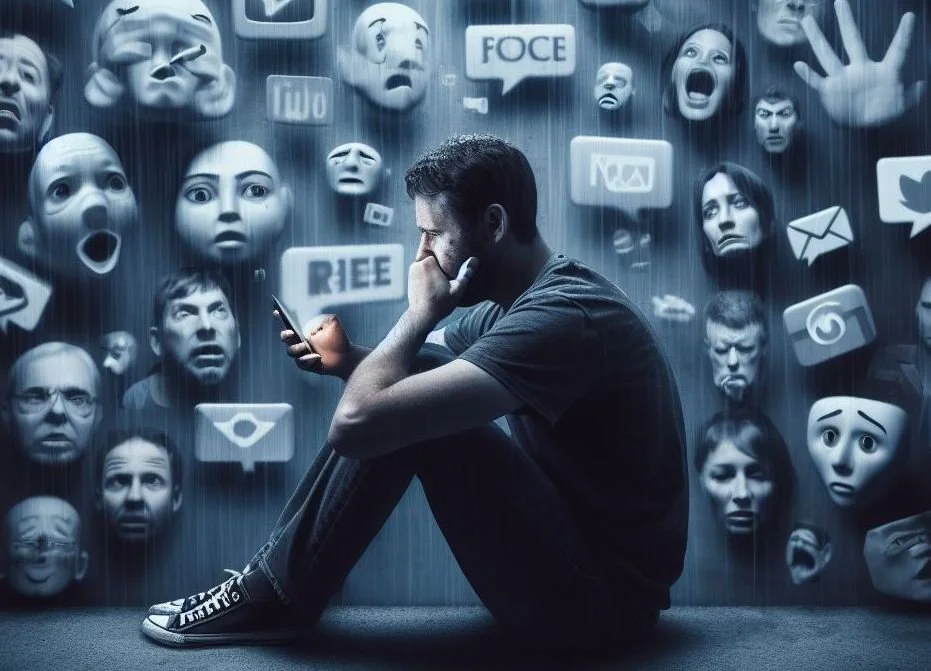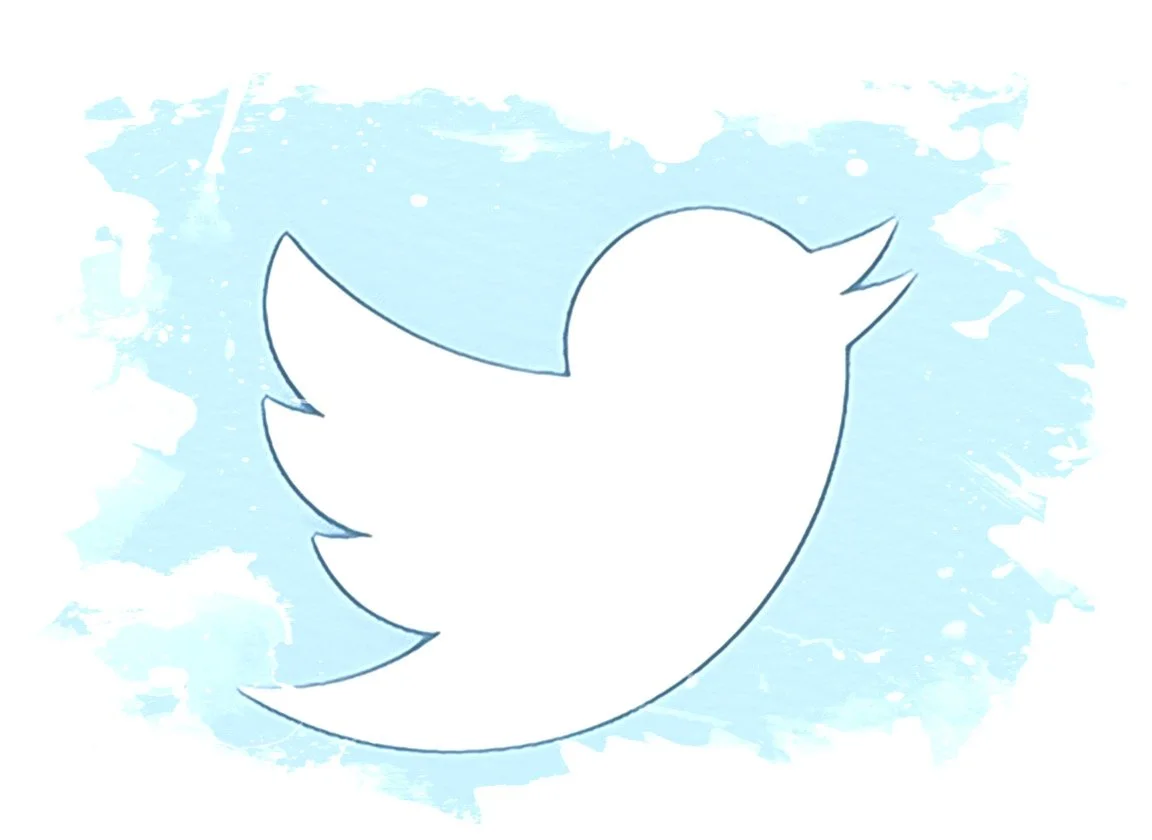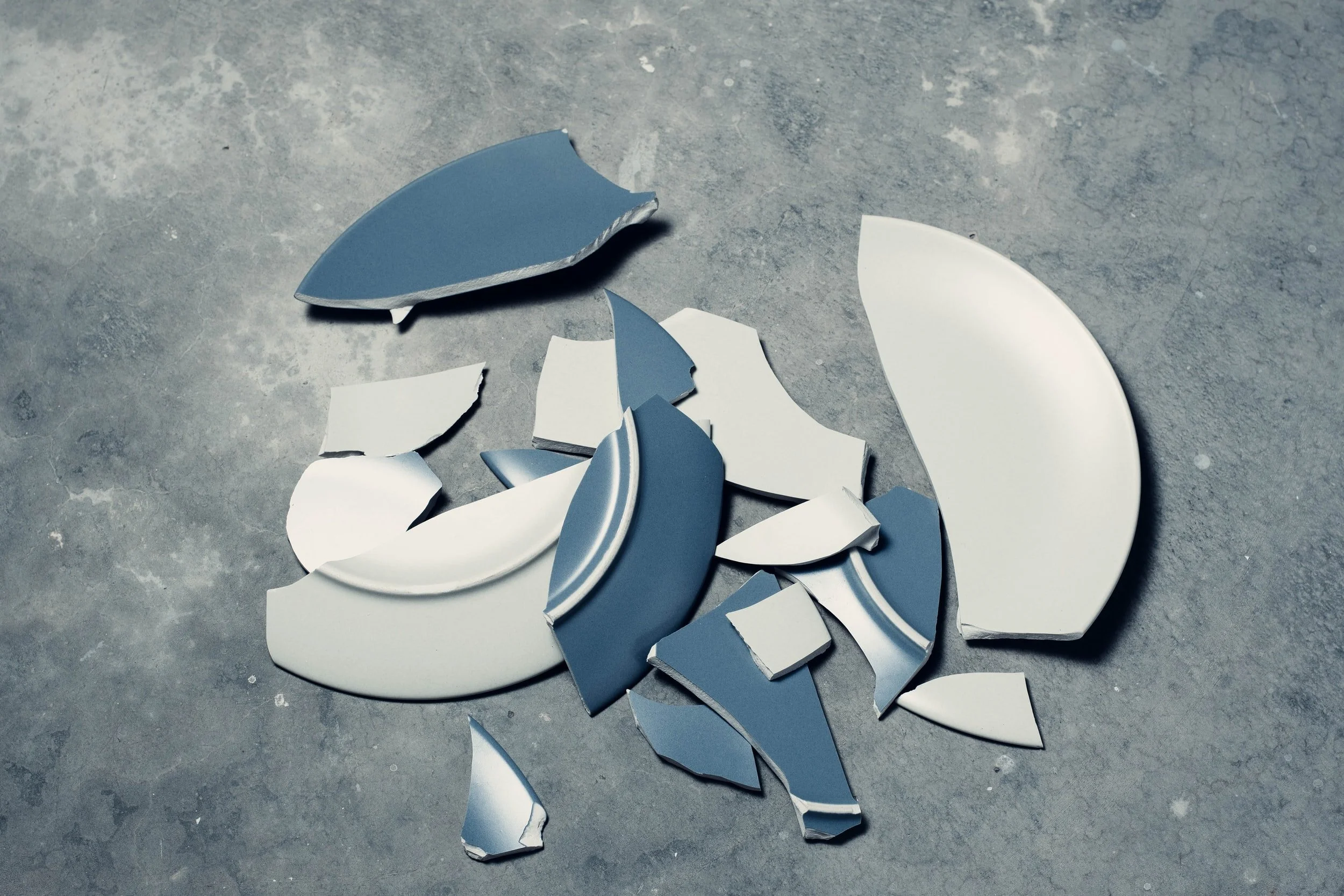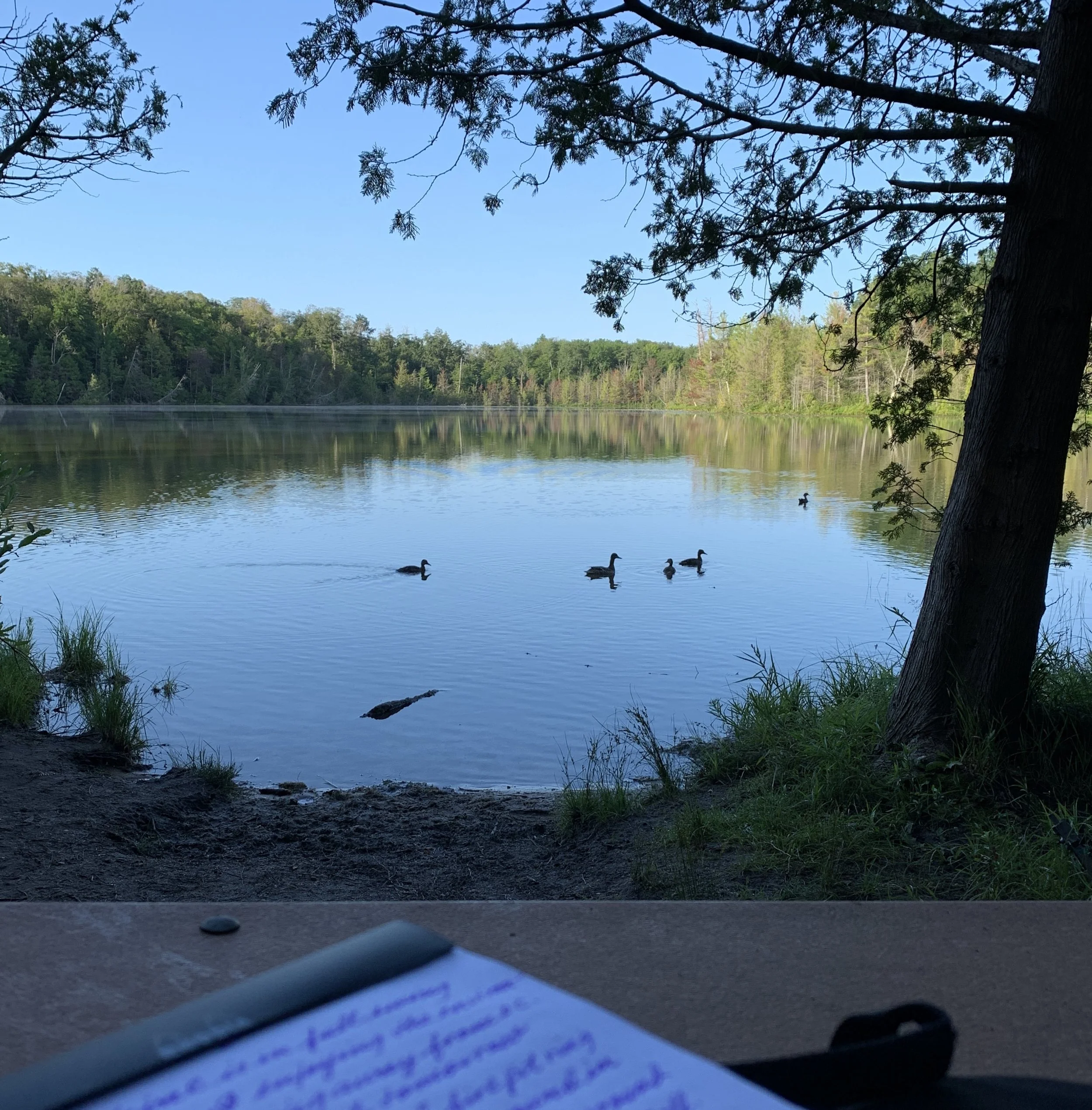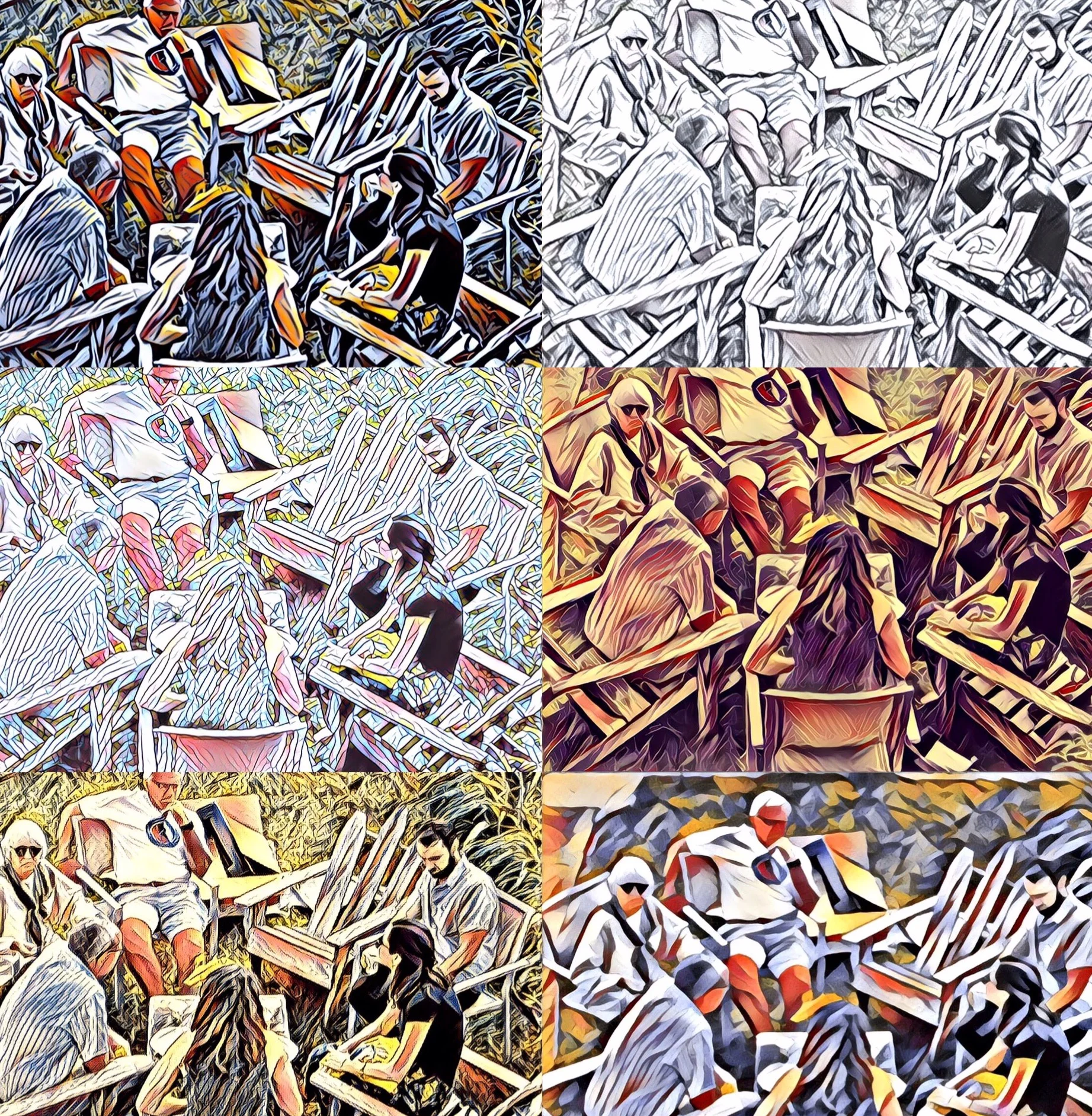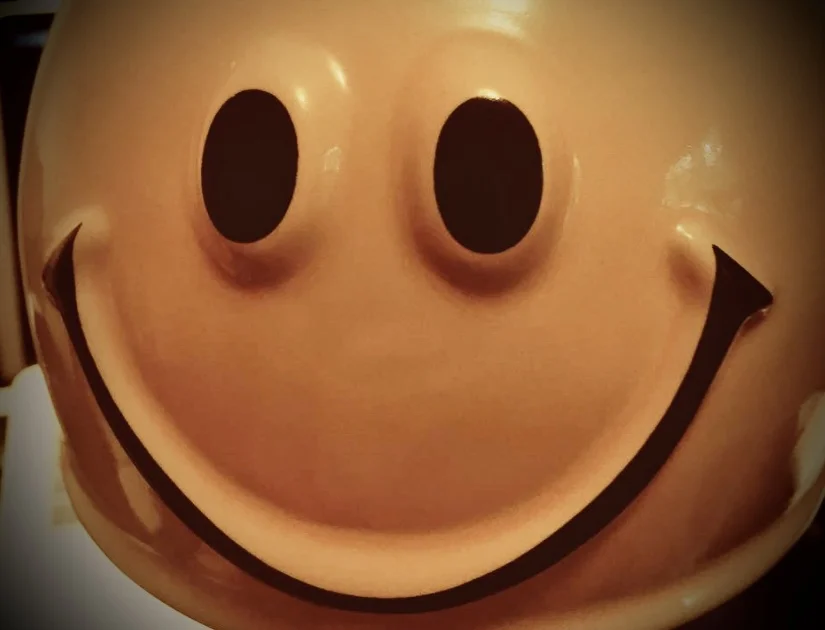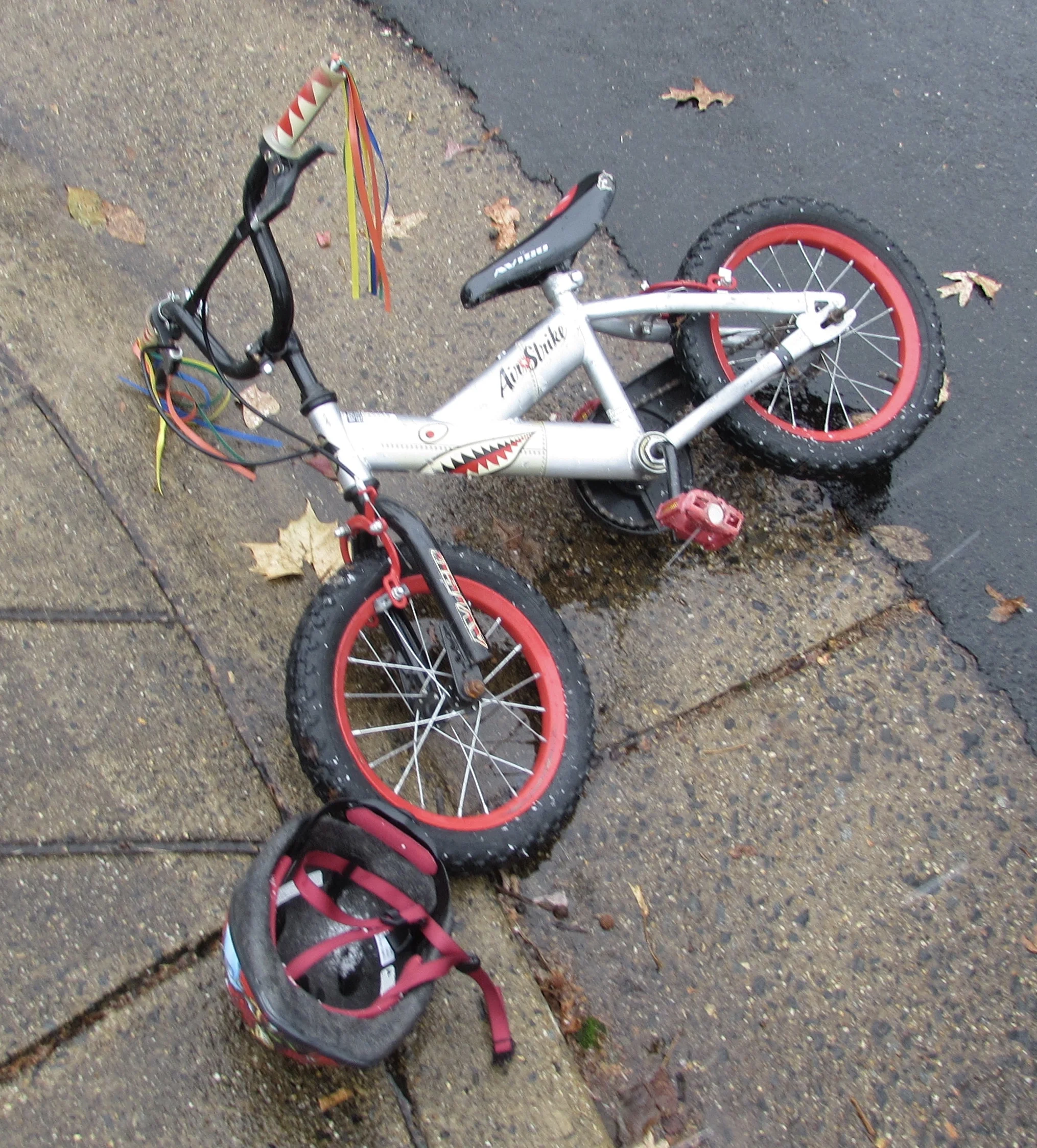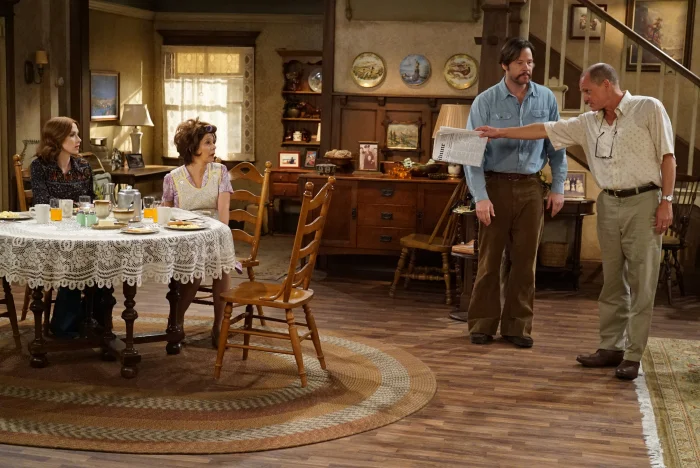Chernobyl, Social Media, and "Fake News"
Back in 2012 I published When the Cold War Was Winding Down, Could the Soviet Military Have Maintained Secrecy Had Social Media Existed? I had once been a big proponent for using social media to accelerate both public and private communication and collaboration. I concluded back then that Russia’s secrecy about military, nuclear, and biological warfare research during the Cold War would have been difficult to clamp down given the “leakage” possible using modern networking technologies. I had raised similar questions about maintaining secrecy around the WWII era Manhattan Project.
Fast forward to 2019 and the HBO series Chernobyl. It portrays in horrifying detail the impacts of official lying and secrecy on the USSR’s response to that nuclear disaster.
What if social media had been available back then? Would the Soviet authorities have been forced to respond earlier and more transparently to the disaster had the truth — along with images — leaked out sooner?
Back in my social media advocacy days my response to that question would have been a definite “yes.” Now I’m not so sure. Just as we once thought naively that international access to communication technologies and networking would lead inevitably to the weakening of dictatorships, we now know that modern technologies enable governments to build and maintain censoring firewalls (e.g., China) and to construct reality-distorting messaging systems with the cooperation of non-governmental allies (e.g., the Trump administration and Fox). Furthermore, modern media allow for the continued spread of acknowledged lies (e.g., Facebook and the fake Pelosi video).
In other words, were a Chernobyl type event to occur today it would be impossible to stem the spread of images and information about the “truth” given smartphone technology and the Internet. At the same time, those in power desiring to shift blame or underplay the severity of the problem would be able to use the same communication media to spread their own messaging which may — or may not — reflect reality.
Were a Chernobyl type disaster to occur today in the U.S., for example, whom would you trust to tell you the truth about what is really going on?
Copyright (c) 2019 by Dennis D. McDonald






